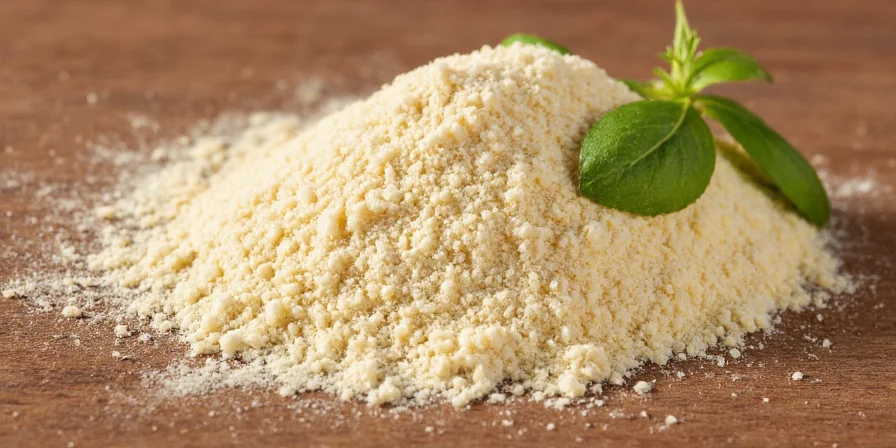Understanding Garlic Powder: A Culinary Essential
Garlic powder is more than just a pantry staple; it's a flavor powerhouse that elevates dishes from mundane to magnificent. In this blog, we will explore the origins, uses, health benefits, and culinary tips related to garlic powder, making it clear why it's a must-have in every kitchen.
What is Garlic Powder?
Garlic powder is a dehydrated form of garlic that is ground into a fine powder. It retains the potent flavor of fresh garlic and is used as a convenient substitute in recipes where fresh garlic might be less practical. This versatile spice has been cherished in various cuisines around the globe.
History of Garlic
Garlic, or Allium sativum, has been cultivated for thousands of years, with roots tracing back to Central Asia. Ancient civilizations, including the Egyptians, Greeks, and Romans, recognized its culinary and medicinal properties. Garlic powder emerged as a way to preserve garlic's flavor and ensure its longevity.
How Garlic Powder is Made
- Harvesting: Fresh garlic bulbs are harvested when they are mature.
- Drying: The bulbs are cleaned and peeled before being sliced and dehydrated to remove moisture.
- Grinding: Once dried, the garlic is ground into a fine powder.
Benefits of Using Garlic Powder
Garlic powder has several benefits that make it a popular choice among home cooks and chefs alike:
- Convenience: Garlic powder is easy to store and has a long shelf life, making it a convenient option for busy cooks.
- Flavor: It offers the same robust flavor as fresh garlic, enhancing the taste of various dishes.
- Health Benefits: Garlic is known for its numerous health advantages, including antimicrobial properties and potential cardiovascular benefits.
Nutritional Profile of Garlic Powder
| Nutrient | Amount per 100g |
|---|---|
| Calories | 332 |
| Protein | 16g |
| Fat | 0.5g |
| Carbohydrates | 72g |
| Fiber | 9g |
| Calcium | 181mg |
| Iron | 1.16mg |
Common Uses of Garlic Powder in Cooking
Garlic powder is incredibly versatile and can be used in various culinary applications:
- Seasoning: Sprinkle garlic powder on meats, vegetables, and fish for added flavor.
- Sauces: Incorporate garlic powder into marinades, dressings, and sauces.
- Soups and Stews: Use garlic powder to enhance the flavor profile of soups and stews.
- Baking: Add garlic powder to bread dough for a unique twist.
How to Substitute Garlic Powder for Fresh Garlic
When substituting garlic powder for fresh garlic, keep in mind the flavor intensity. Here’s a simple guideline:
- 1 clove of fresh garlic = 1/8 teaspoon of garlic powder
Storing Garlic Powder
To maintain the freshness and flavor of garlic powder, store it in an airtight container in a cool, dry place away from direct sunlight. Proper storage can extend its shelf life for several months, even years.
Health Benefits of Garlic Powder
Garlic powder is not only tasty but also packed with health benefits:
- Heart Health: Garlic may help lower blood pressure and cholesterol levels, promoting cardiovascular health.
- Immune Support: Its antimicrobial properties can boost the immune system.
- Antioxidants: Garlic contains antioxidants that help combat oxidative stress.
Garlic Powder in Different Cuisines
Garlic powder is a global ingredient, found in various cuisines:
- Italian: Used in pasta sauces, pizza, and garlic bread.
- Mexican: A common ingredient in salsas, tacos, and marinades.
- Asian: Found in stir-fries, sauces, and marinades.
Conclusion
Garlic powder is a versatile and flavorful spice that deserves a prominent place in your spice rack. Its convenience, health benefits, and ability to enhance the taste of dishes make it an essential ingredient in cooking. Whether you're whipping up a quick meal or preparing an elaborate feast, garlic powder can elevate your culinary creations.
Illustration











 浙公网安备
33010002000092号
浙公网安备
33010002000092号 浙B2-20120091-4
浙B2-20120091-4